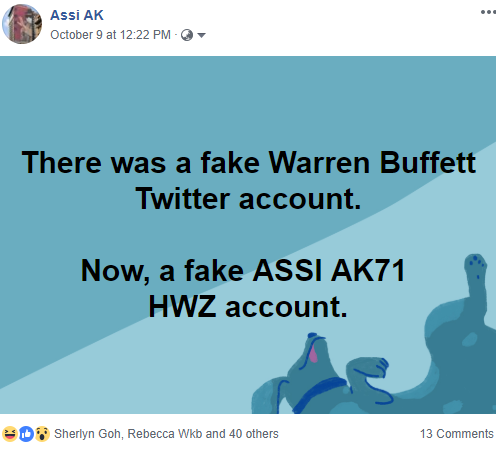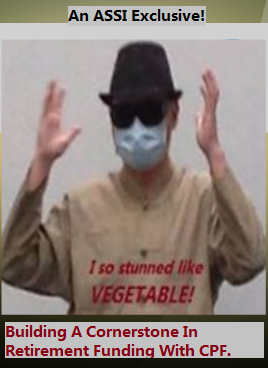For the last year or more, I kept hearing and reading the word "deleveraging". Companies and individuals are all busy deleveraging. So, basically, people are saving more money, paying off their debts and spending less. Overall, it gives an impression that leveraging is undesirable and should be done away with.
In my posts on the subject of gold, I mentioned that I buy gold as a hedge against inflation and that I do not trade gold. We could also buy other tangible assets which would keep pace with or grow faster than inflation and protect or grow our wealth in the process. However, most of us are not in the same league as Marc Faber or the rich families he mentioned.
So, what are we to do if we want a piece of the action and own some Asian real estate? Do we work very hard to save money before we buy that piece of real estate? 100% cash upfront and without a housing loan? Or do we put down 20% and borrow 80%?
Quite simply, like any other investment, the answer lies in timing. Buy when the market is depressed or just turning up and hold for the long term. If you believe that the world is going to see extraordinary inflation in future, this is one thing we should do if we have the means. If we have the money, pay 100% cash upfront. If we only have 20% to <100% of the value, take a housing loan for the balance. As an example, I bought private real estate 6 years ago and took a loan for 80% of the price. The valuation is now 80% higher. If I were to rent it out, I would realise a yield of 7% p.a. This is much higher than the interest rate on the bank loan I'm servicing. Capital appreciation plus steady passive income. Sounds like a high yield stock? Sure does. Having said this, we have to keep an eye on the interest rates. If that goes up significantly and we do not have the means to pare down the outstanding loan amount drastically, it might be time to let go. If I had told myself 6 years ago that I should work harder and save more money before taking the plunge, I would have worked harder, saved more money but ended up poorer. The next time the property market has a correction in price, bear this in mind and take the plunge, if you have not done so already. Inflation is a powerful force. If we have the means, we must do all we can to protect ourselves against it. Buy Japanese real estate



















